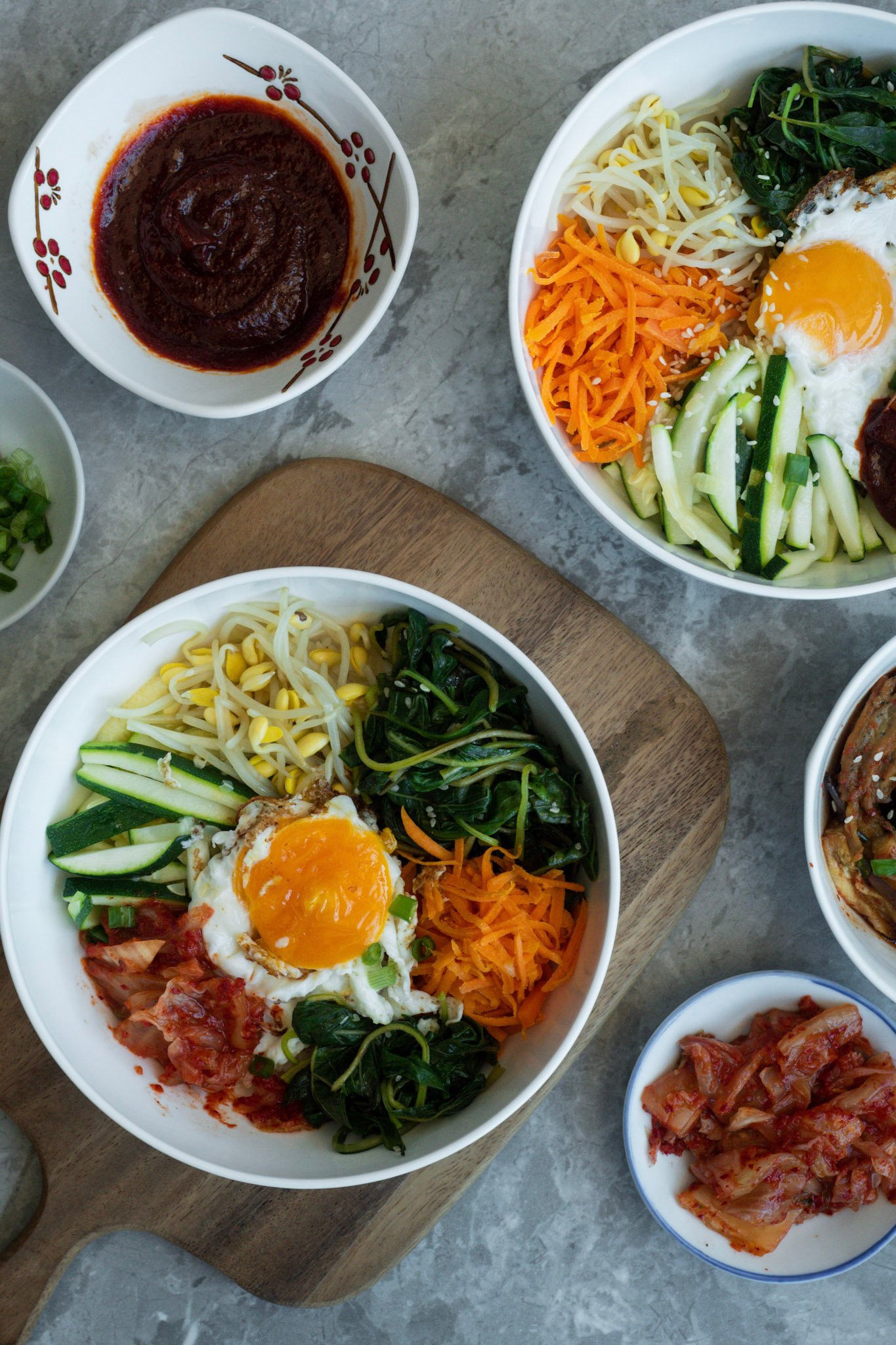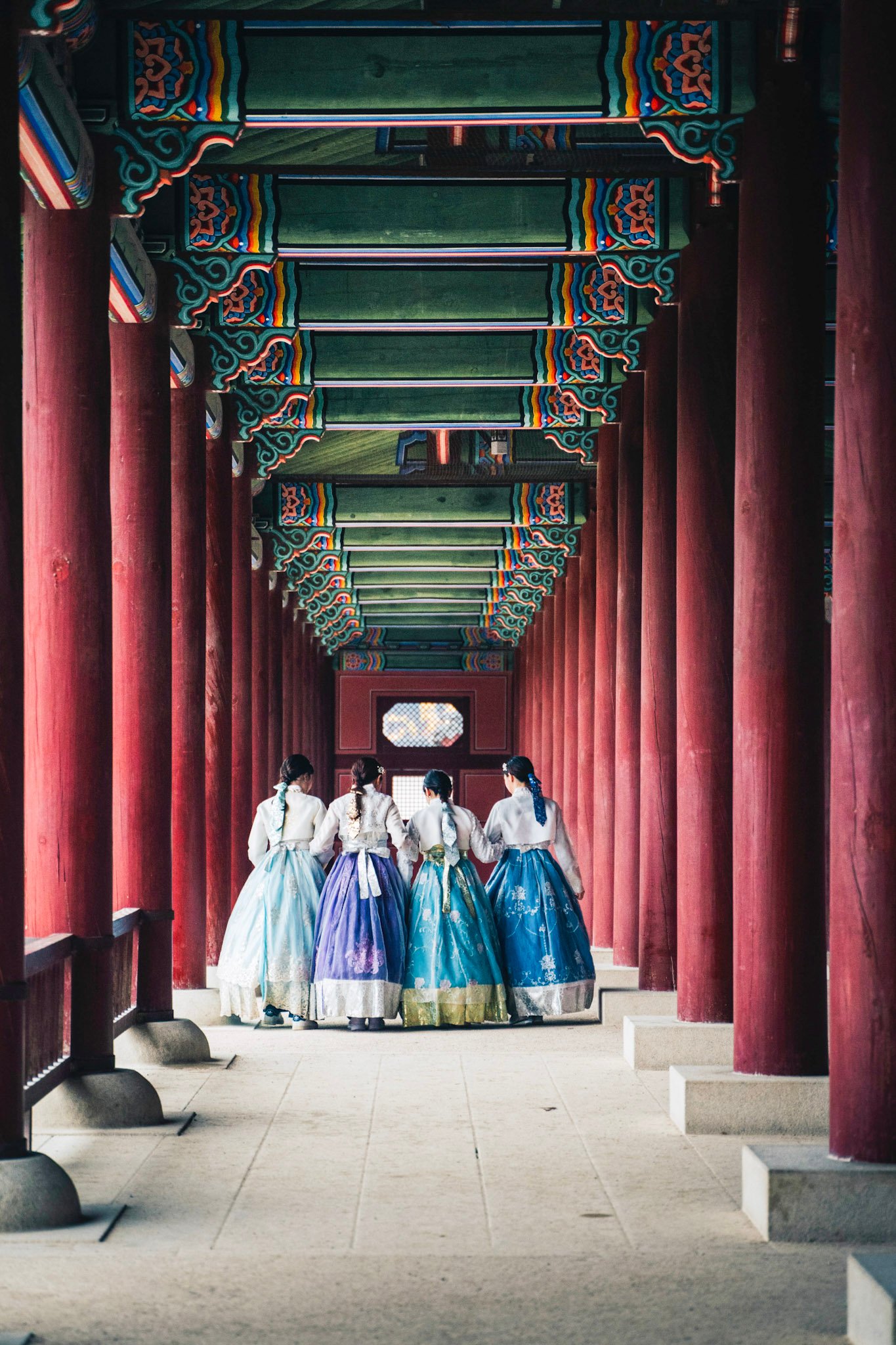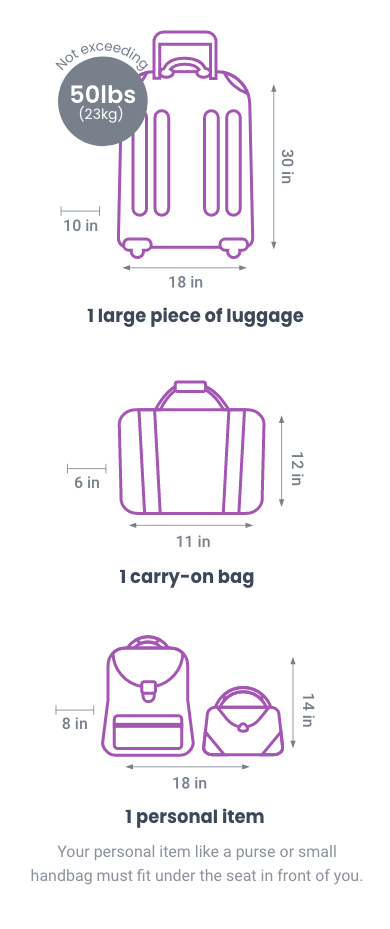About South Korea
Overview
Thousands of shimmering lights illuminate the night skies from this vibrant city, where ancient temples stand beside towering modern skyscrapers and technology, design and fashion coexist with timeless traditions. Discover the cuisine that has developed over the centuries to become the very soul of the country. Whether it's Gugak or K-pop, what might be confusing from the outside moves rhythmically within. Welcome to South Korea!
Capital City: Seoul
Population: 51.78 million (2020 est.)
Currency: South Korean Won
Time Zone: Korean Standard Time (GMT+9)
Emergency Number: 112
Outlet: Types C/F


Packing List
Speak the Language
Language: Korean, also referred to as Hangul, is official language of South Korea
- Hello - Annyeonghaseyo
- Good morning - Joh-eun achim
- Good night - Annyeonghi jumuseyo
- Good bye - Annyeong
- Thank you - Gamsahabnida
- I’m sorry - Joesong haeyo
- Excuse me - Sillyehabnida
- How are you? - Eotteohge jinae
- I’m fine - Jeon gwaenchanh-ayo
- What is your name? - Dangsin-ui ileum-eun mueos-ibnikka
- My name is ... - Nae ileum-eun
- Delicious - mas-issneun
Google Translate: Google Translate: Download the Google Translate app or click here
.jpg)
Weather
SEOUL WEATHERFun Facts
- “Have you eaten well?” is a common greeting in South Korea, used the way an American may ask “How are you?”
- Studies have shown that the average Korean eats between 40 and 57 pounds of kimchi per year. To put that into perspective, the average American consumes 30 pounds of burgers per year. There are 250 different types of kimchi, which explains how kimchi can be versatile enough to be incorporated into so many different types of South Korean dishes.
- The first K-pop album debuted way back in 1925 by K-pop band, Yo Pungjin Sewol or 'This Tumultuous Time.' But modern-day K-pop as we know it was started by the Seo Taiji and Boys in 1992. Seo Taiji is a cultural icon and is referred to as the 'President of Culture.'
- Many Koreans suffer from tetraphobia or fear of the number 4. The number four in Korean has the same sound as the word 'death'. Hence you'll often see elevators skip the number altogether and opt for 1 - 2 -3 - F. Additionally, many apartments in South Korea that have multiple 4s (ex. 404) in their house numbers are often avoided and the property values are lower.
Tipping
Tipping Suggestions: Tipping is not customary but the trend has shifted in reason years due to tourism and western influence. Although tips are not expected from hospitality workers, it is appreciated.
| Guides | USD $5 per person/per day | |
| Drivers | USD $1 per person/per day | |
| Restaurants (full service) | 5-10% of total bill |
FAQ
Where can I find information on travel safety? Check out the US Department of State's website for the most up-to-date information on safety while traveling
Is the water safe to drink? While tap water in Korea is 100 percent safe to drink, most Koreans don't drink it unless they boil or filter it, first.
Do I need a Visa? For Visa information, click here. Make sure your passport is valid for at least six months after you return home and has two or more blank pages. Otherwise, some countries may not let you enter.
What about vaccines? For vaccination information, click here
Do you recommend travel insurance? While not required, we highly recommend all travelers get travel insurance for their trip to protect themselves from the unknown! Check out travel insurance options from our partner, worldnomads.com or from a provider of your choice.
How much should I pack? As we will be using shared transfers and spaces throughout our tour we recommend all travelers pack as lightly as possible. Please review our luggage restrictions below.
What does public transportation look like? Seoul has a modern and efficient system of public transportation that includes both subway trains and buses. Seoul has nine major subway lines that run all throughout the city and even go into the suburbs and surrounding areas. It is a great system, the trains come about every 5 minutes and are clean.
Is Uber or Lyft available? South Korean taxi drivers protested against ridesharing apps so the major apps like Uber or Lyft are unavailable. Most locals use a local app called Kakao Taxi.
Luggage Restrictions
.jpg)

.jpg)
